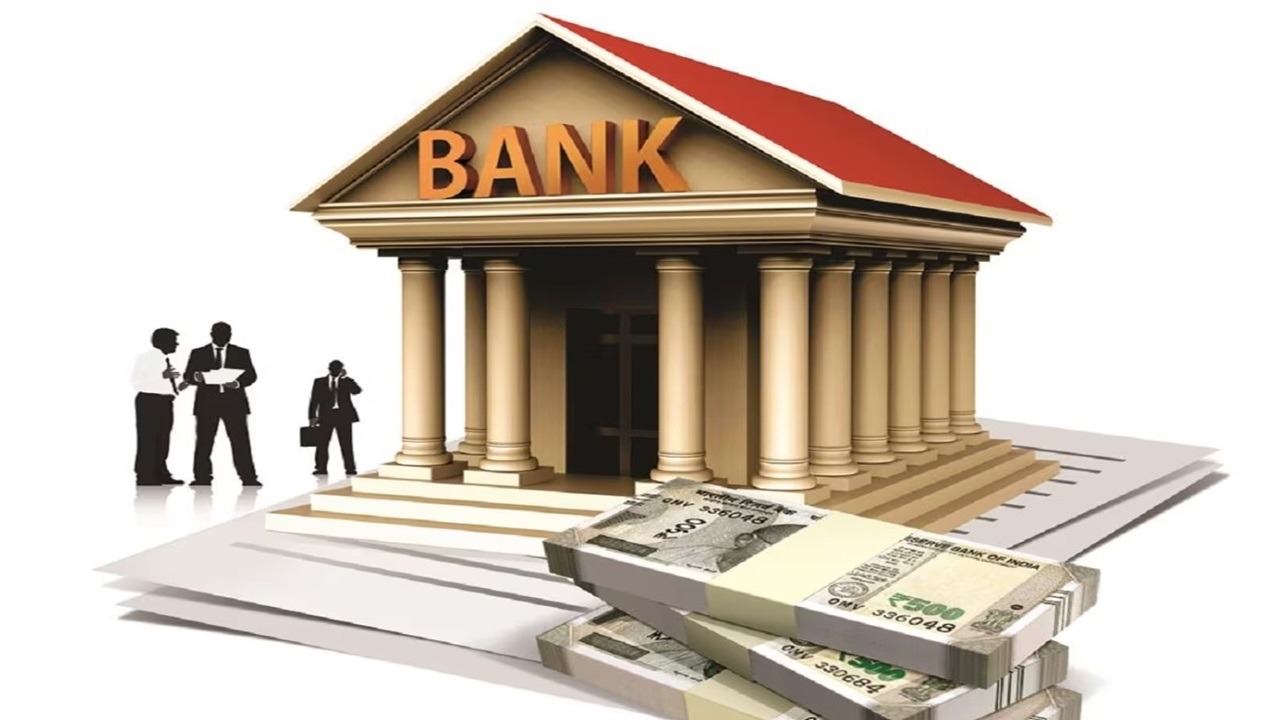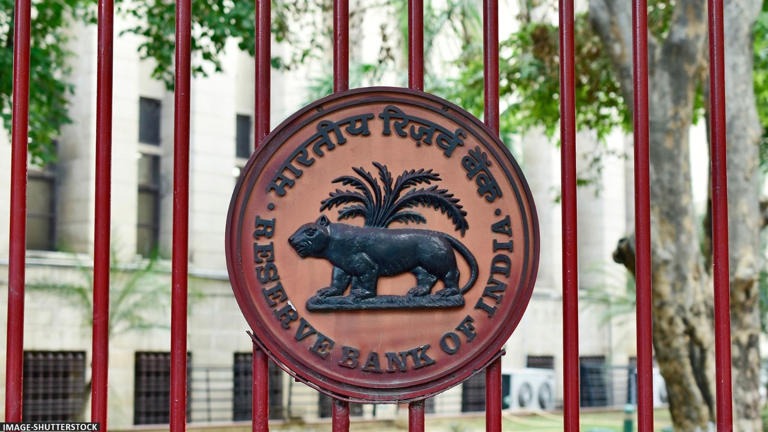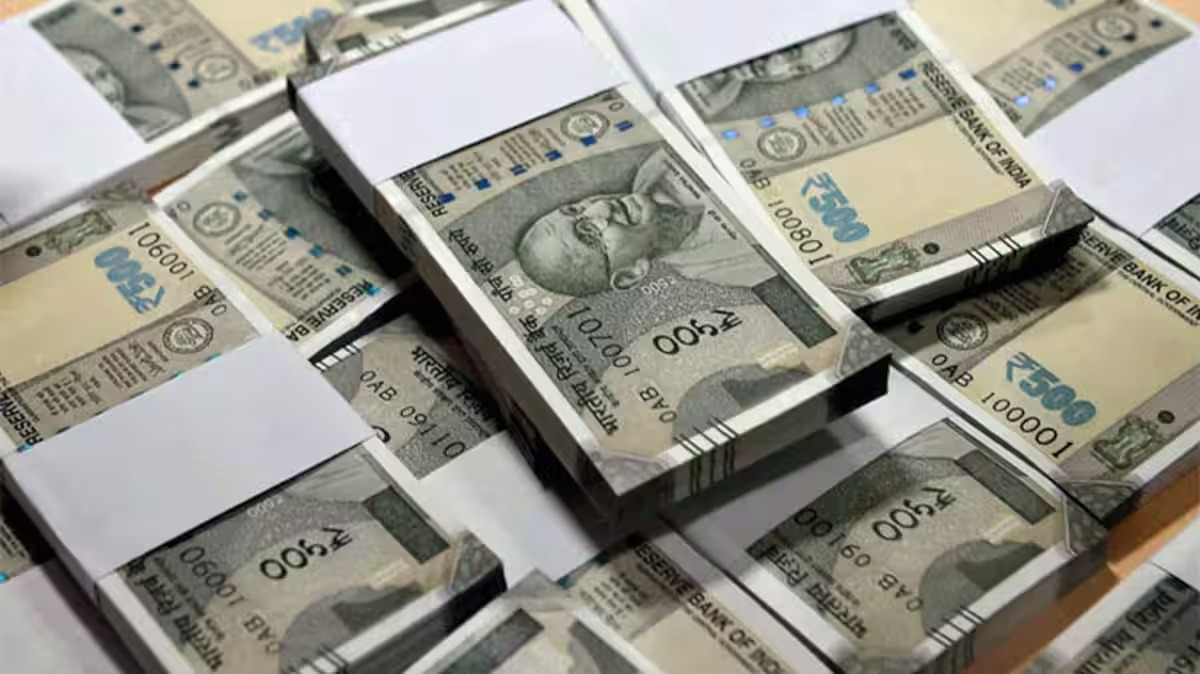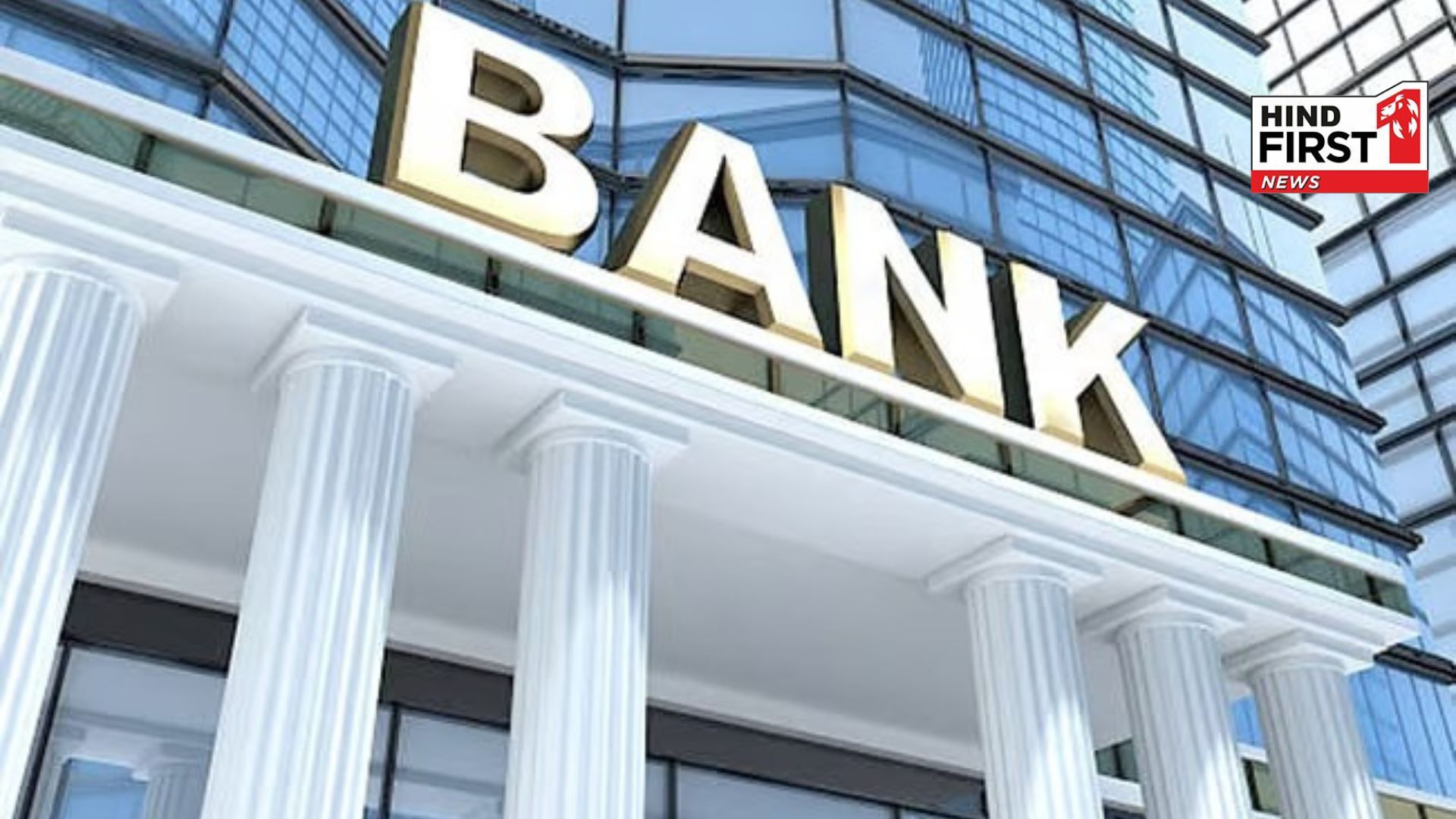Will give loans only when we have money... What kind of crisis is this before bank?
The cash crunch in the Indian banking system has become the highest in almost six months.
Indian banks are facing a cash crunch, this shortage is the highest in almost six months. By Monday, this deficit reached Rs 1.5 lakh crore (17.7 billion dollars). The reason for this is the intervention of the Reserve Bank of India (RBI) to keep the advance tax and the rupee stable. Borrowing has become expensive due to liquidity deficit. RBI selling dollars and cash withdrawal during the festive season has also increased the shortage of money. 



Indian banks are facing a cash crunch
The cash crunch in the Indian banking system has become the highest in almost six months. This has happened due to the advance tax payment of companies and the sale of dollars by the RBI to prevent the instability of the rupee. According to the Bloomberg Economics Index, the amount borrowed by banks from the RBI till Monday was Rs 1.5 trillion (17.7 billion dollars). This is the highest since June 24.
RBI has taken steps to increase liquidity
Meanwhile according to IDFC Bank, RBI has been selling dollars since October. This has led to a huge reduction in cash. Banking liquidity may further decrease due to the possibility of RBI intervening to stop the fall in rupee amid growing trade deficit and strong dollar.RBI has been selling dollars since October
However, RBI has been recently taken several steps to increase banking liquidity. These include reduction in cash-reserve ratio (CRR) and giving more funds through variable rate repo auction. Despite this, the shortage of cash has increased.More measures are needed to increase liquidity or maintain surplus
Anubhuti Sahay, economist at Standard Chartered Bank, said, "Even after the cut in CRR, overall liquidity is likely to remain neutral or slightly less." He further said, "More measures are needed to increase liquidity or maintain surplus going forward. For example, buying open-market-bonds, more term repos, FXi swaps or further reduction in CRR." Due to the shortage of cash, the interbank weighted average call rate (benchmark for the cost of overnight borrowing) became 0.35% more than the RBI's benchmark repo rate of 6.50%. The pressure on liquidity is increasing due to the advance tax payment of companies in the last month of every quarter. The normal increase in cash withdrawals from banks during the festive season is also contributing to this shortage.
Why worry about the shortage of cash?
According to Gaura Sengupta, Chief Economist of IDFC First Bank Limited, the latest round of quarterly advance tax has withdrawn Rs 1.4 trillion from the banking system. This shortage of cash is a matter of concern because it makes it expensive for banks to borrow. It has a direct impact on the ability of banks to lend to customers. This can affect economic growth. The reason is that it will become difficult for companies to invest. When banks do not have enough cash, people have difficulty in taking loans. Banks do not approve your loan application easily. Second, this can increase interest rates. Banks may have to pay more interest to raise money. This can affect the EMI of your home loan or car loan. Third, this can have a bad effect on the market. Due to low liquidity, investment in the market decreases. The risk of the economy slowing down increases. Also Read: One Nation-One Election: Names of these Congress leaders including Priyanka Gandhi in JPC Next Story


